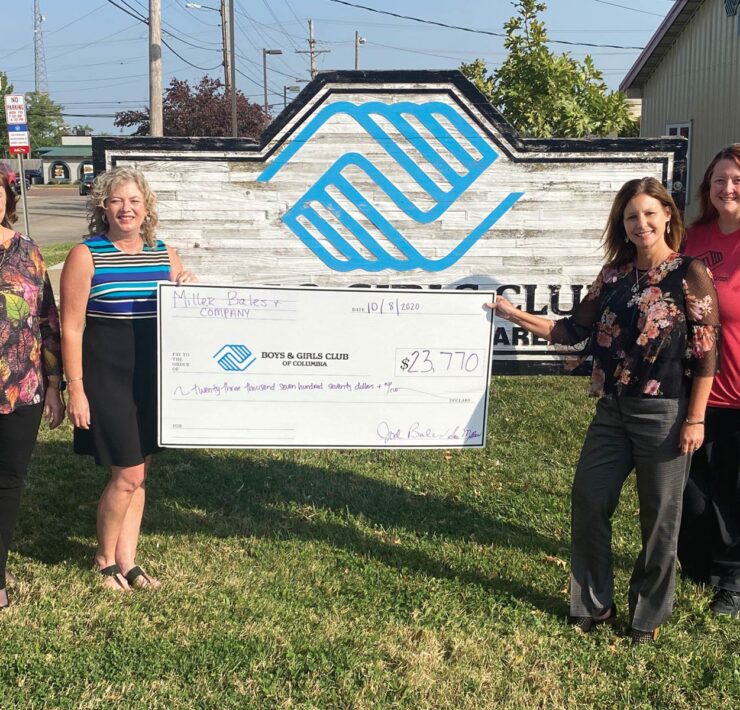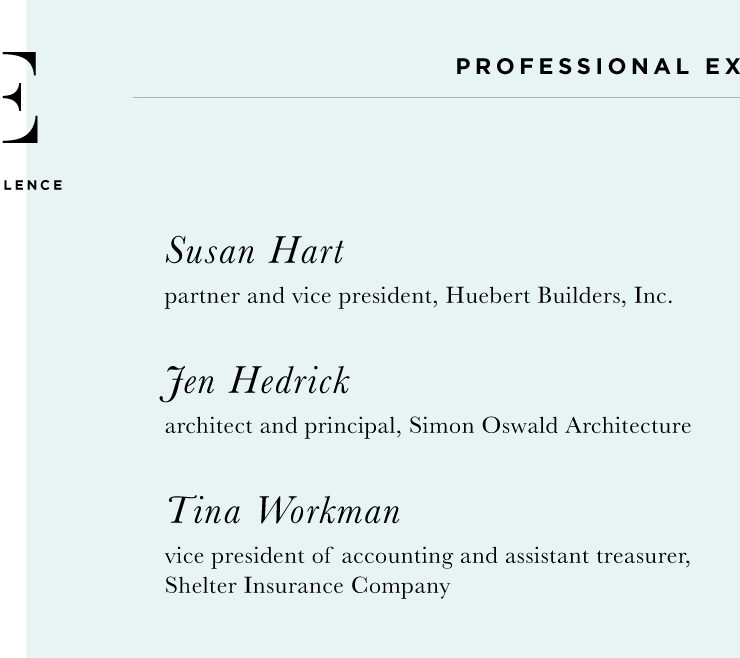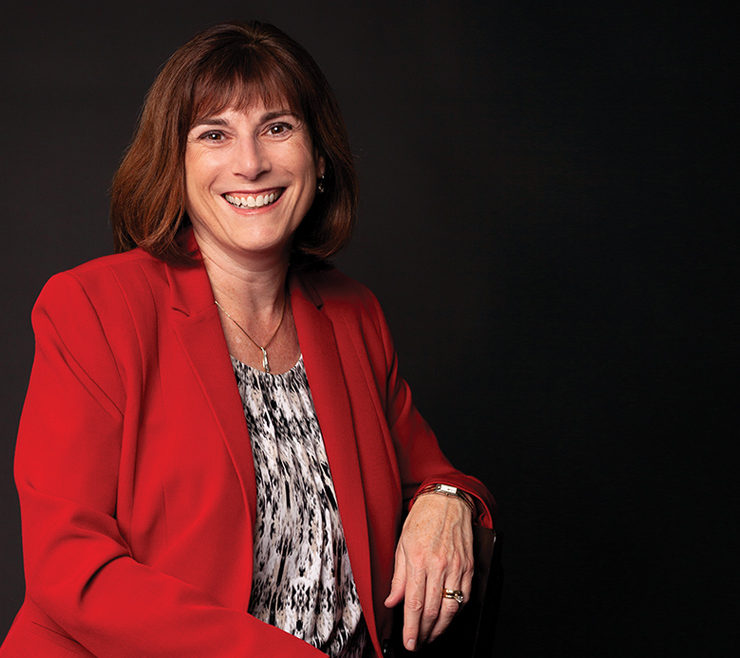Executives on Leadership: Dr. Amanda Andrade, Jennifer Peck, and Randa Rawlins
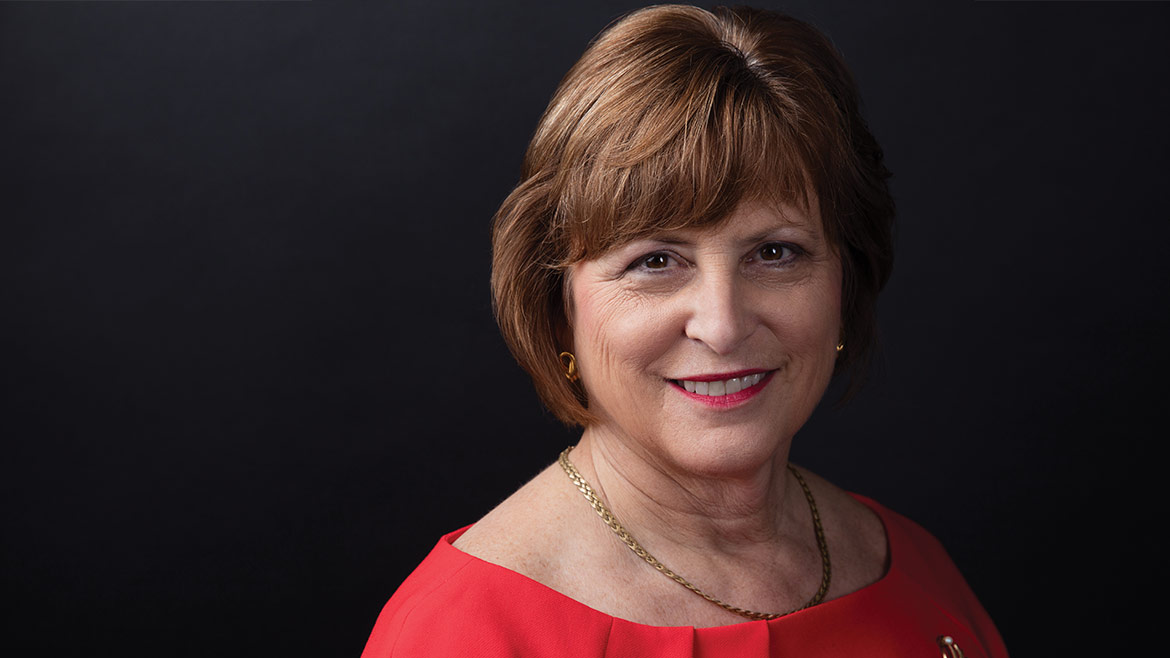
We hear a lot about the challenges women face when working toward positions of leadership, but we hear less about how those challenges are being met on the local level. Here, three female leaders in Columbia’s corporate world — Dr. Amanda Andrade, chief people officer for Veterans United Home Loans; Jennifer Peck, vice president of marketing and communication at Missouri Employers Mutual; and Randa Rawlins, executive vice president for Shelter Insurance — share their opinions and advice.
Lead by Example
There are many different types of leaders. But whether you are an introvert or extrovert, creative or logical, or anything in between, there are a few commonalities that can be found.
Randa Rawlins, executive vice president at Shelter Insurance, pushes hard for collaboration in all situations. “I am very much a person who wants to listen and make sure I understand what all the issues are before I make a decision,” she says. “At the same time, I want to make sure that the people who are working with me have confidence that I know what I’m doing and can make a decision to move forward. We may disagree, but they have had their input. I spend a fair amount of my day visiting with employees. I like to go sit in their offices, make them feel comfortable, and make sure they’re comfortable coming to me. I think it’s worked for the most part.”
Dr. Amanda Andrade, Veterans United Home Loans’ chief people officer, agrees. She says: “[I have] such a strong internal pull to assist people in figuring out where they want to be with regard to business decisions, projects, work, career, life, relationships, etc. It drives me to adapt to each scenario based on the needs and objectives of the person or teams I’m supporting. I want to show up for them in whatever way is most effective for their specific situation so I can help and not be a hindrance.”
Getting to know the people you work closest with, figuring out how they work together the most effectively, and being open to changing your perspective for the good of the team or of clients seems to make for a successful leader.
“Knowing that you don’t know it all, knowing that you ought to listen to others and learn from them, and working your tail off to be exposed to as much as you can benefits your team in a number of ways,” says Jennifer Peck, vice president of marketing and communication at Missouri Employers Mutual. “It makes you more approachable as a leader. Also, it helps those you work with rise up and be leaders themselves when they know you’ll stop and listen, when you’re interested in what they have to say and what they’ve done and how they might approach something.”
Break Barriers
When discussing the challenges women tend to face in the workplace, all three executive women voiced similar points of view. No matter what challenges you may face, no matter who you are, the way to get through is to work hard and be confident.
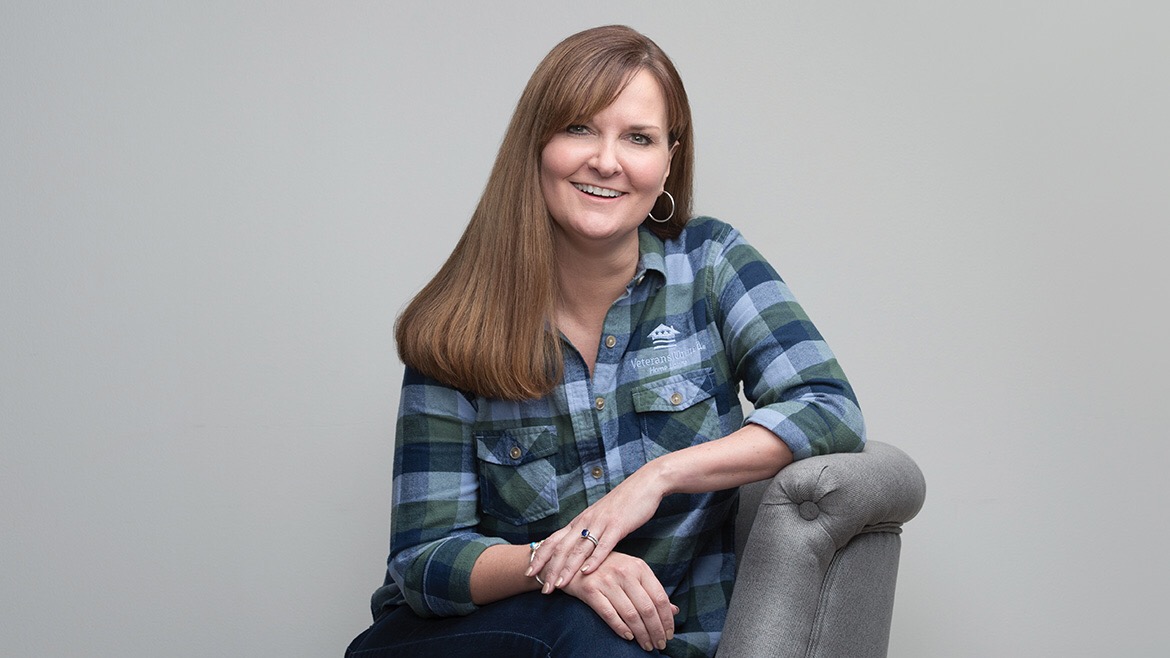
“I think my experience has been about busting it out to do the work that needs to be done, embracing personal and professional risks, taking care of the role that I was entrusted with while continuing to work at building a personal capacity and supporting others as they also built their capacity.” says Andrade. “There was a chapter in my career when I was the youngest female on an executive team. I felt like it was too easy for some of the others to dismiss me or cut me off for their own gain. I addressed it by asking my leader to help coach me through it and also give me feedback when he saw it happening. He did, and I will be forever grateful. . . . Embrace the possibilities in your life. Stay true to honing your craft and your career will head you to where you’re needed — and work at a company or in a profession that you truly love.”
Rawlins also found confidence through mentors at a young age. “I was very fortunate to work in a law firm in Kansas City when I was younger that had a couple of senior partners that really loved having women in the firm. They saw the opportunity for the firm to develop from a diversity perspective,” she says. “That gave me a lot of confidence to never be intimidated by the situation. . . . When I transitioned to Shelter, having that confidence allowed me to know that I can do whatever was put in front of me.”
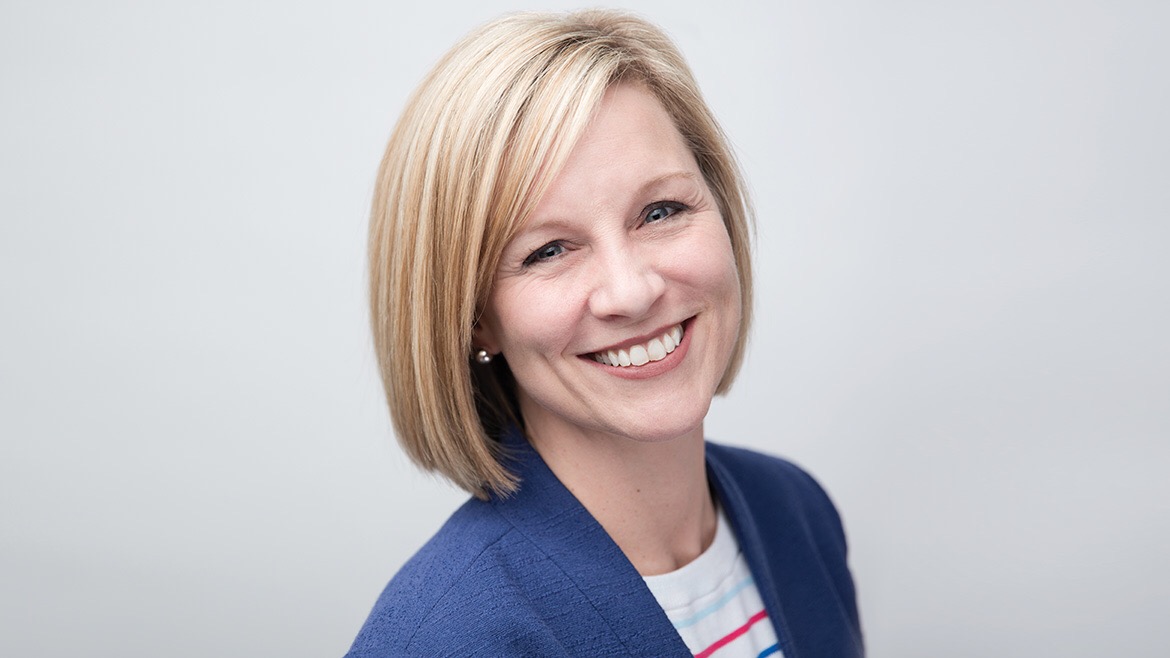
Peck maintains a similar attitude. “There have been challenges along the way, but I’m the kind of person who does not like to be told I can’t do something,” she says. “Just tell me I can’t and I’m going to. I think I assumed, for the better part of my career, that the barriers I ran into were the same for everyone. I don’t think I wanted to admit that there were barriers that were unique to me as a woman, but I certainly have recognized those over time. . . . I made up my mind not to accept them. I acknowledged them for what they were, recognized what was happening, and, with as much intention as I could, tried to give people a different set of experiences.”
Find Inspiration
To gain the confidence and develop the work ethic it takes to become a success in the business world, it’s important to learn from those who came before you and those you work with closely. It isn’t just about learning from others’ mistakes or successes; it’s about watching, listening, and discerning what works best for you. Letting your mentors, co-workers, family, friends, etc. help build you up and teach you is crucial.
Rawlins specifically saw a leadership style she admired from a former president of Truman State University, Charles McClain. “He was a leader in higher education his entire life,” she says. “He was a very humble and quiet leader, and I think there’s something to be learned there. It was never about him — it was about others and what he could do for them. There are a lot of people, too, who you don’t necessarily think of as leaders. There’s a wonderful, sweet lady I go to church with who has just been a real leader in a lot of areas you wouldn’t anticipate in terms of making sure our church has an open-door policy.”
Both Andrade and Peck find leadership inspiration in broader terms. “It was the first teacher who saw potential in me when I hadn’t yet witnessed it in myself,” says Andrade. “It’s our ‘soccer daughters whom we have watched grow up to become strong, young professional women in their own right. It’s my teammates and all of the hard work they put in and the sincere belly laughing they do together.”
“I find inspiration in the everyday leaders around me and my team, who have a unique set of challenges and opportunities every day,” says Peck. “There’s always something I learn from them.”
All three executives offer sound advice for future female business leaders. Andrade says: “If you want to take on a leadership role so you can help people grow and be successful and you can steadfastly deal with all of the awesome and terrible that comes with that responsibility, I would say be strong of mind, consistent, and kind. Learn as much as you can from others. Don’t take the inevitable occasions when you feel like a fraud as anything other than your brain being in the wrong space for a moment. To the absolute best of your ability, always seek to do the right thing. Leadership is a privilege, an opportunity, and a responsibility to constantly work toward a greater good.”
“Work hard and work smart,” Rawlins says. “A lot of people think they don’t have the same opportunities because they have children, or they can’t travel, or many other reasons. You can be smart about that and have the same opportunities. Don’t slack and don’t make excuses. Just prove you can work hard.”
“The best advice I could give is to be intentional,” Peck says. “Really spend time thinking about what you want, what’s important to you, and how to go and get it. There is this huge set of expectations for women, and sometimes those expectations conflict. There’s a lot of judgement, too, when you don’t fit those expectations. Just be as intentional as you can about what’s important to you. Don’t let them stop you.” CBT



